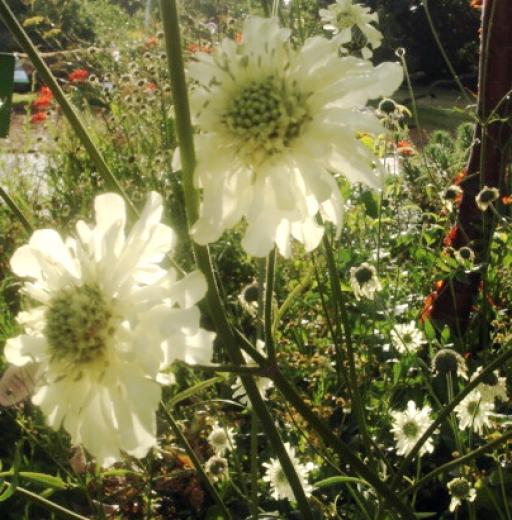
Recently Rated:
Stats
Location:
Work interests:
Affiliation/website:
Preferred contact method: Reply to post in blog/forum/group
Preferred contact language(s):
Contact:
Favourite publications:
Work interests:
Affiliation/website:
Preferred contact method: Reply to post in blog/forum/group
Preferred contact language(s):
Contact:
Favourite publications:
Founding Member
Location: U.S.A, Hawaii, Honolulu
Work: My research interests include, Representational systems in Science and Mathematics; Learning environments, with an emphasis in interactions and material resources; Longitudinal developmental studies (including teachers and adult practitioners); Emerging uses of technologies in learning and teaching; Social studies of science; Indigenous education; Education in developing countries.
Biographical: I was born and lived in Colombia for 18 years. I immigrated to the United States after high school and once there I began to study English and work. I obtained a B.S in Environmental Biology from the University of California at Davis, and later a Master and Ph.D in Education from the University of California at Berkeley. Through my education and personal involvement with others, I have tried to understand processes, interactions and institutions in an effort to examine and affect issues of access (academic, economic and civic). For instance, my work with immigrant families (adults and children) in California ranges from designing educational training programs for adults that facilitate their interaction and access to the schooling of their children, to examining the utilization of emerging technologies inside the homes of immigrant families with educational and economic development perspectives. I have also designed and implemented after-school and academic enrichment programs in science for under-represented students. All these programs aim at examining and creating access for individuals to institutions or situations where they have traditionally been left out. I have also studied access from the point of view of basic research, examining the development of professional biologists and their representational system (dissertation) in order to capture developmental images that could help us understand how one participates in and access scientific practice.
Work: My research interests include, Representational systems in Science and Mathematics; Learning environments, with an emphasis in interactions and material resources; Longitudinal developmental studies (including teachers and adult practitioners); Emerging uses of technologies in learning and teaching; Social studies of science; Indigenous education; Education in developing countries.
Biographical: I was born and lived in Colombia for 18 years. I immigrated to the United States after high school and once there I began to study English and work. I obtained a B.S in Environmental Biology from the University of California at Davis, and later a Master and Ph.D in Education from the University of California at Berkeley. Through my education and personal involvement with others, I have tried to understand processes, interactions and institutions in an effort to examine and affect issues of access (academic, economic and civic). For instance, my work with immigrant families (adults and children) in California ranges from designing educational training programs for adults that facilitate their interaction and access to the schooling of their children, to examining the utilization of emerging technologies inside the homes of immigrant families with educational and economic development perspectives. I have also designed and implemented after-school and academic enrichment programs in science for under-represented students. All these programs aim at examining and creating access for individuals to institutions or situations where they have traditionally been left out. I have also studied access from the point of view of basic research, examining the development of professional biologists and their representational system (dissertation) in order to capture developmental images that could help us understand how one participates in and access scientific practice.
